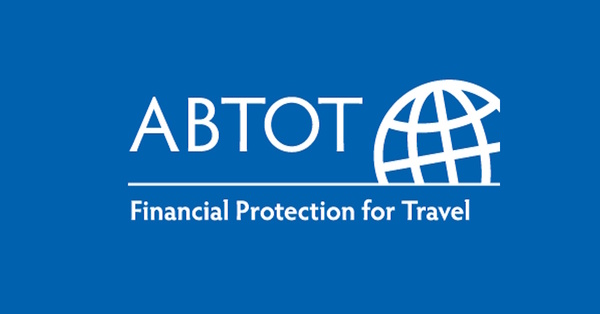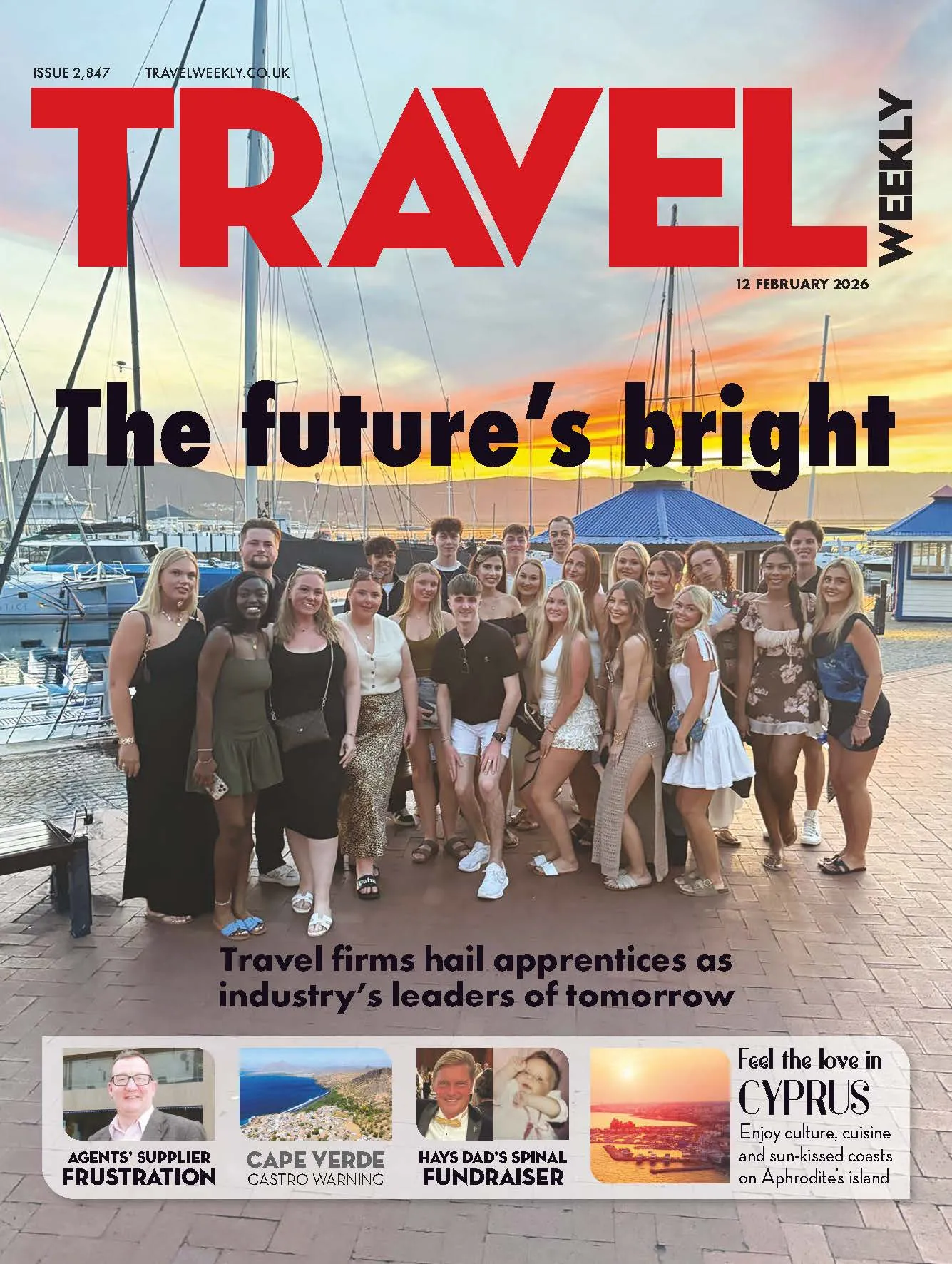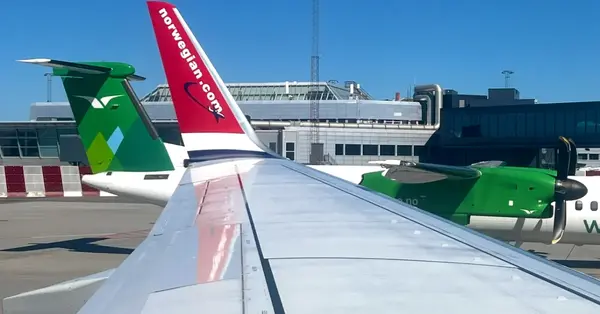You are viewing 1 of your 2 free articles
Comment: Managed travel is on the rise
While the return to travel has looked a little different for every business, one widely reported trend we have seen is that business travel at SMEs was among the fastest to return last year and trading has remained generally strong ever since.
Many of our Advantage members have reported sales and, in some cases, transaction numbers matching and even surpassing those before the pandemic. In this respect, the SME segment of the business travel market has grown faster than some others.
We could argue the exact definition of an SME travel programme all day, but for the purpose of this column let’s say they are organisations with a business travel spend of anything from tens of thousands up to a few million pounds.
Often, travel for these companies can be less encumbered by heavily controlled policy and approval processes or restrained by strategic decisions on travel budgets.
They travel because they need to – their business suffered during the pandemic without face-to-face contact with customers and suppliers and they were able to take off the shackles of global travel restrictions quickly.
Alongside the faster resumption of travel, we have also seen independent travel management companies (TMCs) boosted by the arrival of new customers.
In some cases, these are organisations whose travel has previously been ‘unmanaged’ – part of the estimated 50% of the business travel sector which historically booked its own trips without the help of a TMC.
Why are so many turning to a TMC now? For some, it is about back-to-basics support. Travel during and since the pandemic feels more complex than ever with an increase in health and safety concerns, disruption due to industrial action and capacity issues, changes to passport and visa rules, and the increased cost of flights and hotels – assuming you can find some available!
It’s not a surprise that many organisations which previously took care of their own travel are now turning to experts for support and guidance.
But it is also being driven by the more strategic and cultural changes we have seen emerge in the business travel sector over the last few years.
The importance of sustainability has led to more companies of all sizes wanting and needing to understand and measure their carbon footprint from travel. By the far the easiest way to monitor this is through a TMC and all the data and reporting that can come with a managed programme.
Most of us in the travel management world have been shouting about the wider value and importance of travel management, beyond the booking process, for years. TMCs have the tools, knowledge and tactics to support corporate customers as they increasingly look to move beyond measuring and maybe offsetting CO2 to changing and guiding traveller behaviour to reduce emissions.
A renewed focus on traveller wellbeing – physical and mental – has also escalated the traditional duty-of-care conversation and TMCs are being asked for advice on whether a company’s business travel insurance is fit for purpose.
These changes in how corporations view business travel have created a ‘perfect storm’ for TMCs to capitalise on.
Whether it’s help in navigating the complexity of booking travel, or providing support, guidance and strategic management of a business’s whole travel spend, the opportunity for TMCs has possibly never been greater.
Many SMEs are now looking to move beyond a transactional relationship, whether booking online or offline, and independent TMCs have the ability to show the focus, care and attention they are looking for.
We are also seeing some smaller leisure travel specialists being asked to manage individual’s business travel because of the personal relationship they have developed and their attention to detail. Travel management isn’t just by the numbers anymore.
Sometimes it is only when things go wrong that we realise the value of the experts who help us – as we witnessed on a smaller scale during the Icelandic ash cloud 13 years ago (doesn’t that seem a walk in the park now).
Let’s face it, things could not have gone more wrong for travel than they have in the last few years. Now it’s the agents’ time to shine.


















